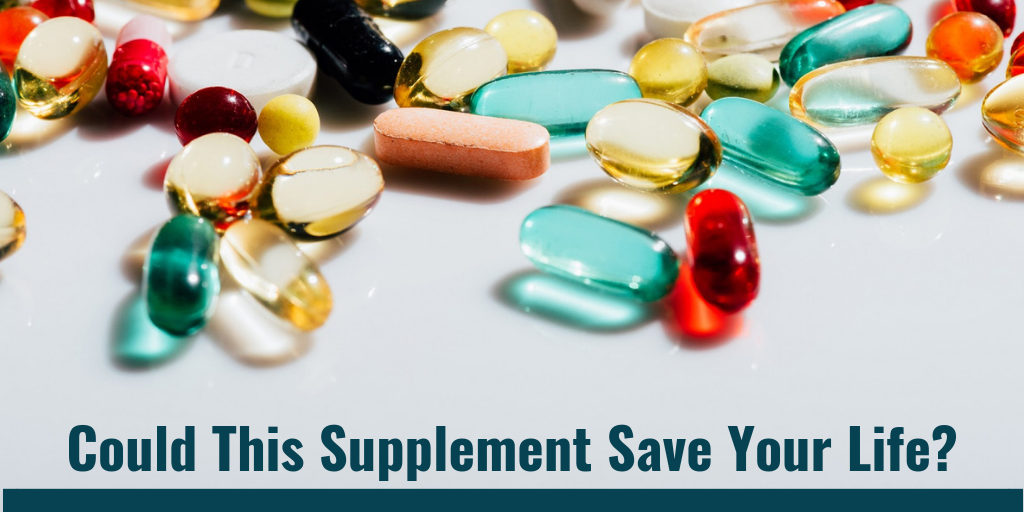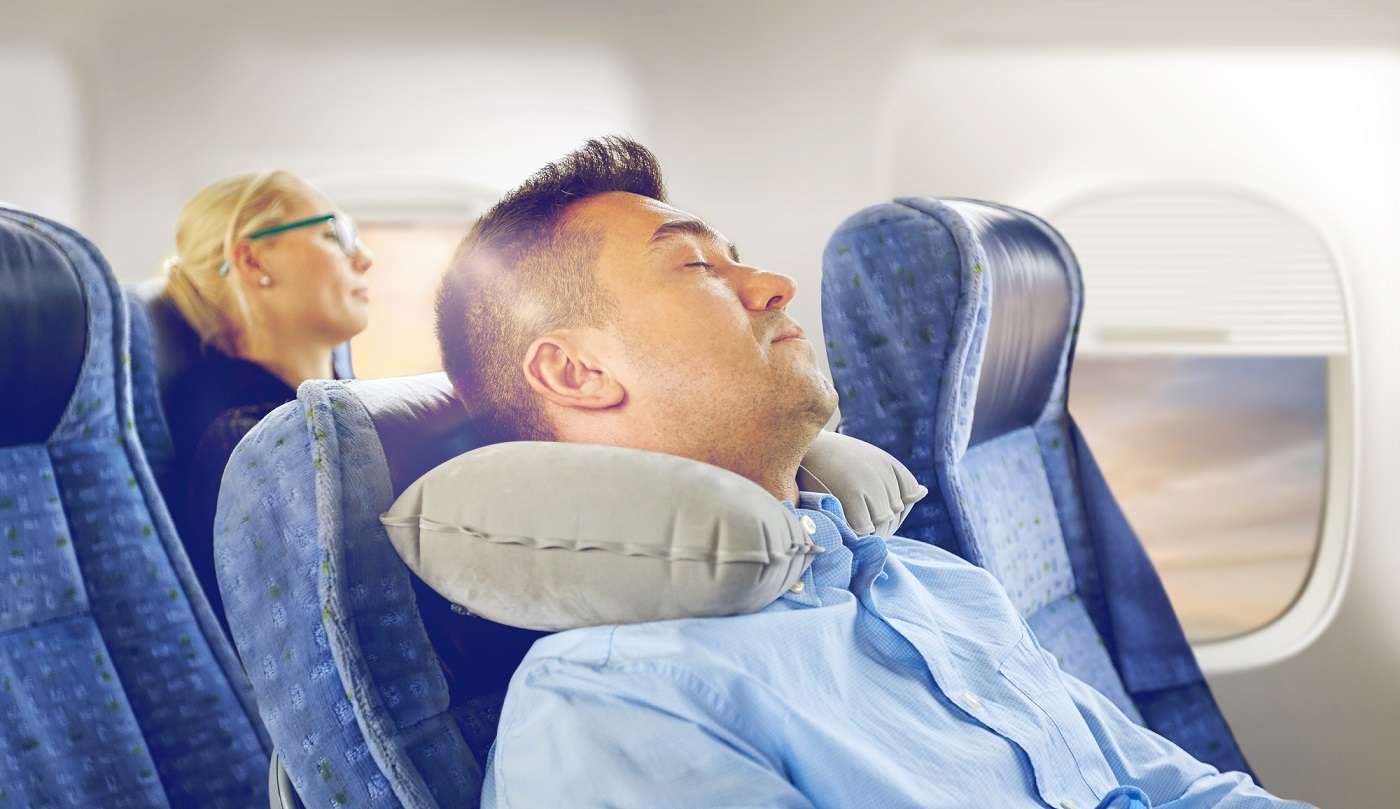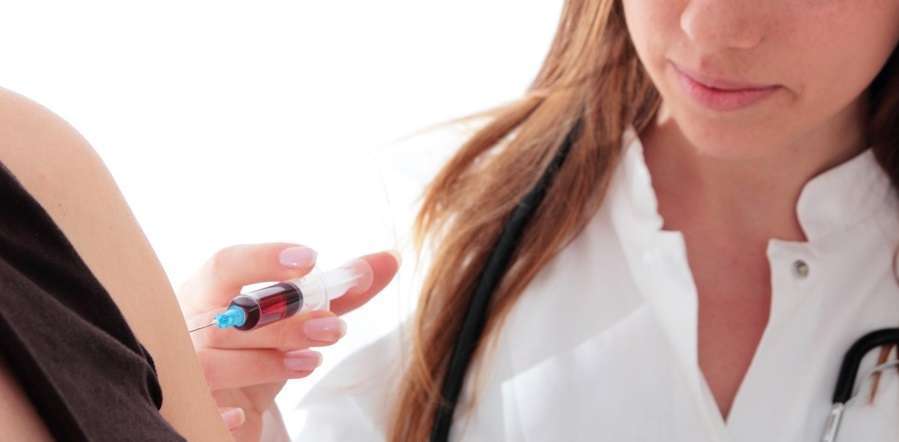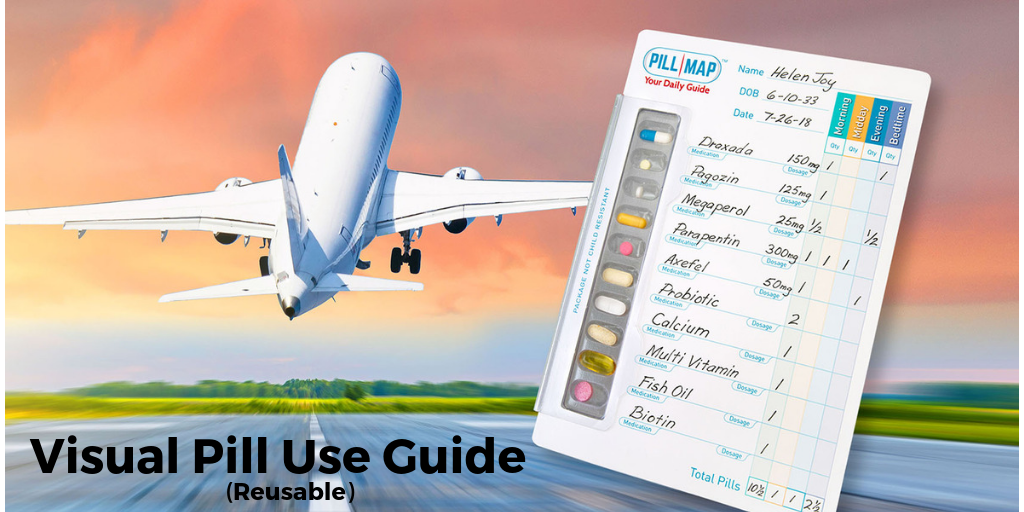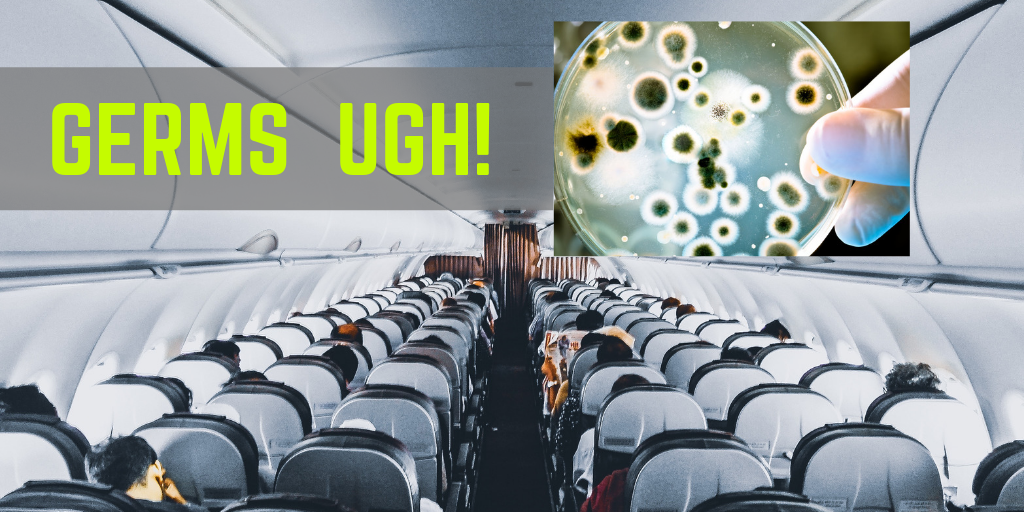In-Flight Travel Essentials to Upgrade Your Flight
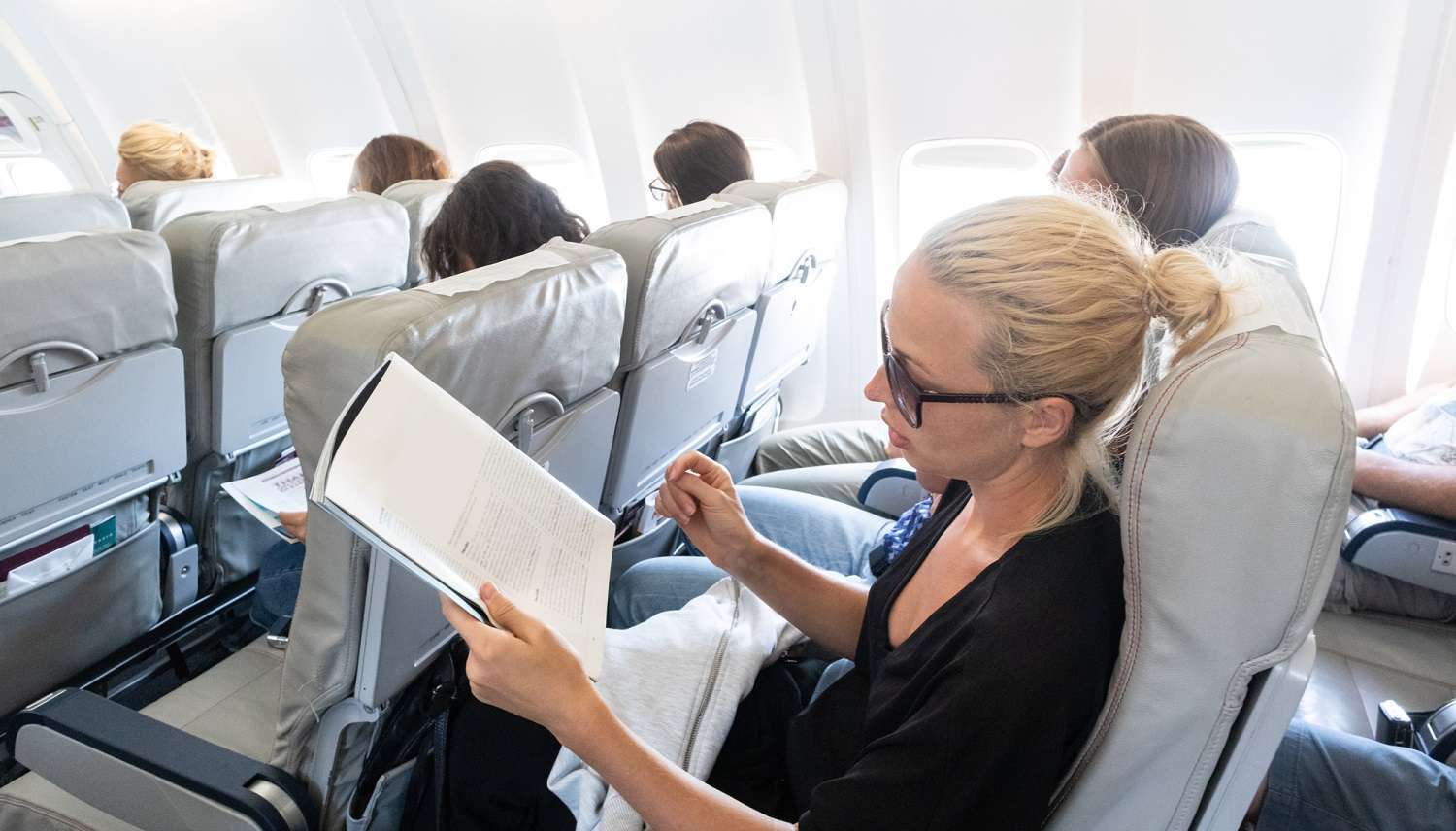
Whether you’re flying domestic or international, you’ll want to make the time you spend in your seat as comfortable as possible, especially if you’re in economy class. Keep these in-flight travel essentials always packed in a small bag with your luggage; that way, they’re ready to go when you are. Buying ahead will save you money on any last-minute purchases at the airport and reduce...
› Read More



